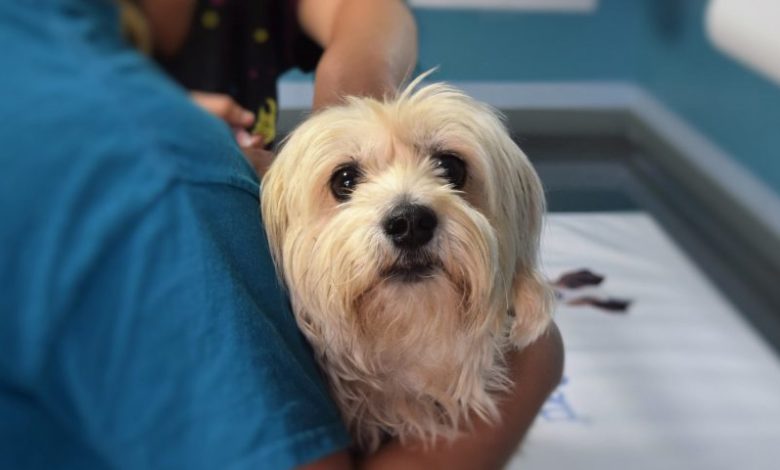Why microchipping matters

The microchipping of pets has been a big topic in recent months. With plans for a government review in spring 2020 to mark four years since compulsory microchipping of dogs coming into force, there are growing calls from some politicians and charities to consider whether to introduce similar legislation for cats.
At the British Veterinary Association (BVA), we recognise that vets have a key role to play in championing the benefits of microchipping as a safe and effective way of permanently identifying a pet, encouraging responsible ownership and helping to reunite strays with their owners.
And we’re also seeing positive trends emerging since the introduction of compulsory microchipping of dogs. A survey of our members marking one year since it became law showed a significant increase in the estimated number of microchipped dogs seen in practice. The legislation is also helping vets in their efforts to reunite stray pets with their owners, with the majority of those surveyed saying they were successful in at least half of their attempts. Practices see an average of over four stray pets a month, and 97 percent of vets attempt to reunite pets and owners.
We also recognise the importance of regular scanning of microchips, and recently strengthened our position to recommend that our members carry out scanning in a wide range of scenarios. As well as scanning pets when they are first presented in a veterinary practice, or when they’re brought in as a stray, our new guidance advises that practices should scan animals annually as routine to make sure that the chip is still working and has not migrated significantly. Where appropriate, we also recommend scanning pets on admission for treatment or hospitalisation, or prior to euthanasia.
While vets will do everything in their power to reunite lost or stolen dogs with their owners, inaccurate microchip data presents an all too common stumbling block within this process.
When we last surveyed our members on microchipping, 44 percent of those who have been unable to reunite stray dogs with owners cited inaccurate or out of date microchip details as being the most common obstacle to success.
While it should in theory be easy to update details, unfortunately some owners can forget when they change address or assume that the database record will automatically update.
We’ve been recommending to our members that they have regular conversations with clients about the importance of keeping microchip details up to date, and produced a handy poster to help practices get the word out in waiting rooms.
The fact that there are no fewer than 14 microchipping databases in the UK can also present logistical issues, as the databases do not currently share data with each other and there is no single point of entry. In busy practices, cross checking chip details against so many databases add a huge administrative burden which challenges already stretched vets and vet nurses and can take them away from time better spent providing healthcare advice.
BVA has called for one central UK microchip database to alleviate the burden of chip- checking and make reunification easier, but in the meantime we would like to see all existing and future commercial microchip databases registering with EuroPetNet, a Europe-wide group that logs owner information on pets.
As we’ve seen nearly four years on, compulsory microchipping of dogs has delivered some huge benefits, but there is still work to do to raise awareness, make sure that guidance is being followed consistently and address some administrative challenges. We will keep spreading the word with our members to keep championing the benefits of microchipping, scan regularly and share success stories when pets are successfully reunited with their owners.













